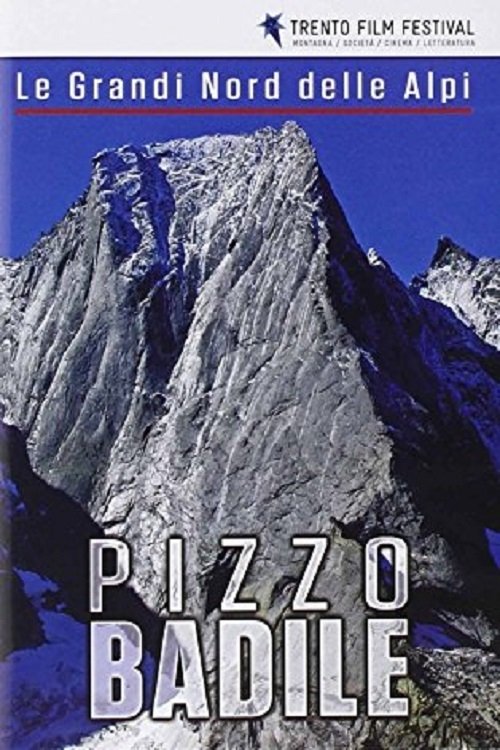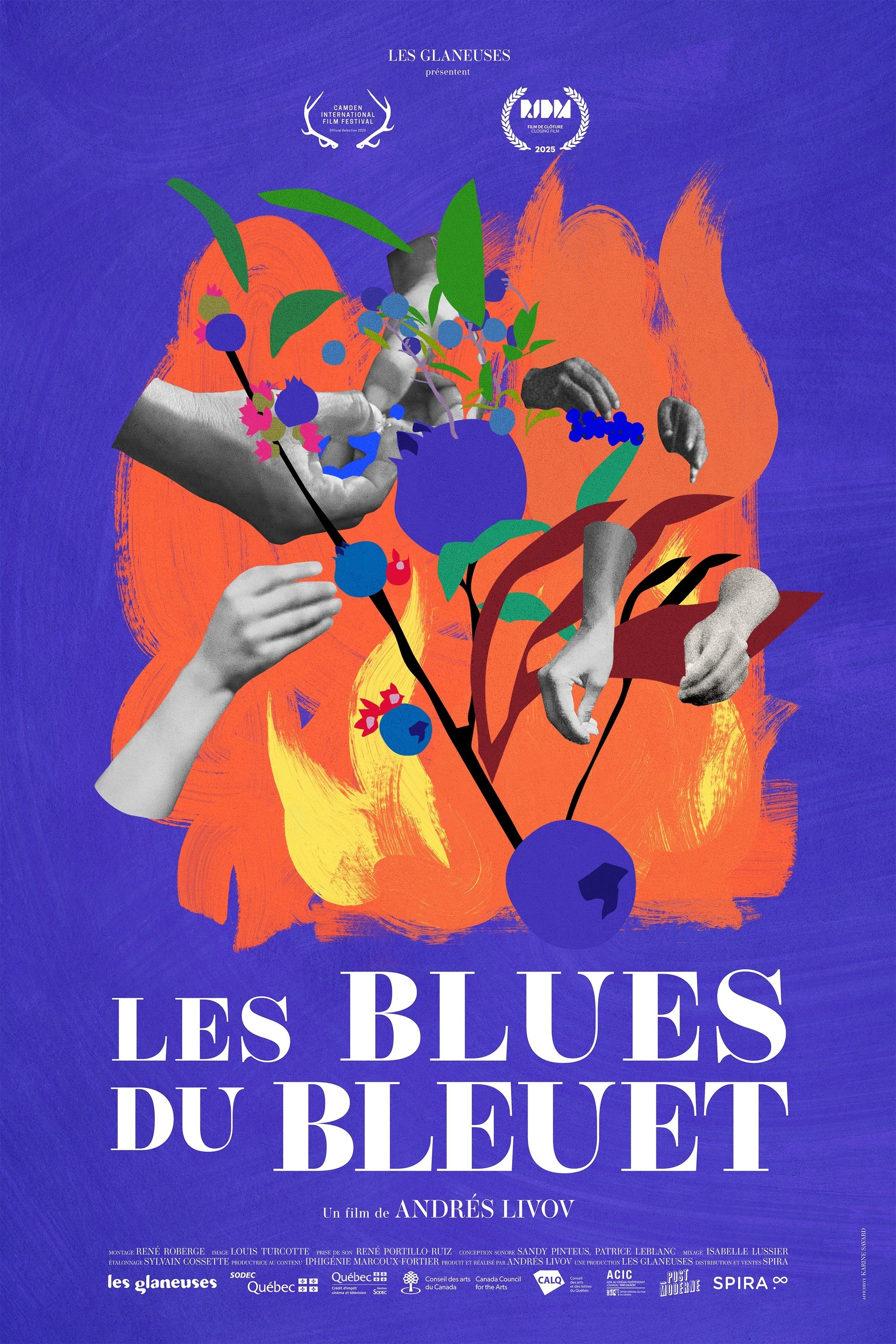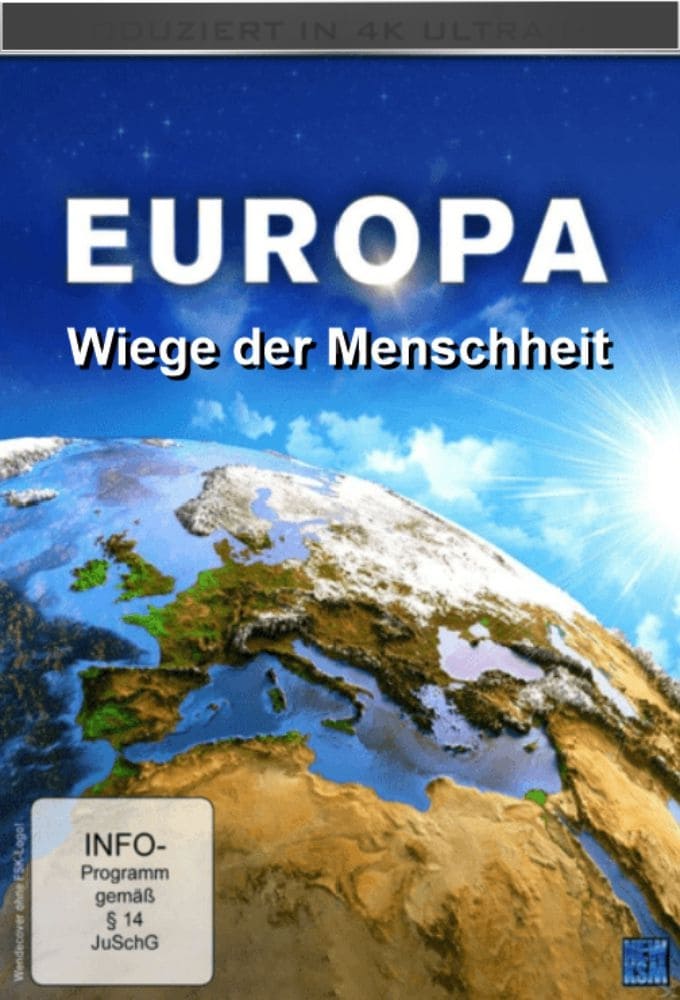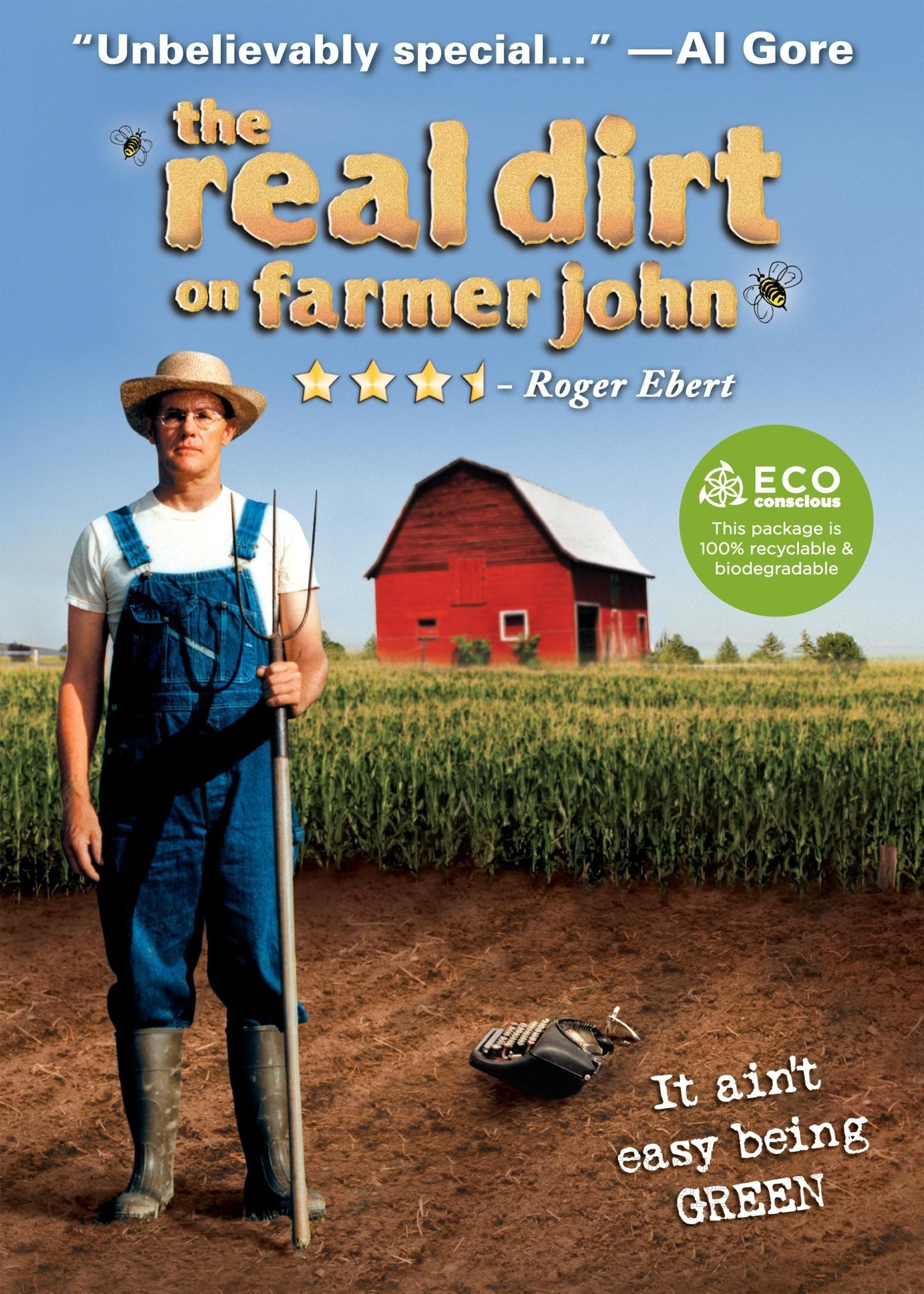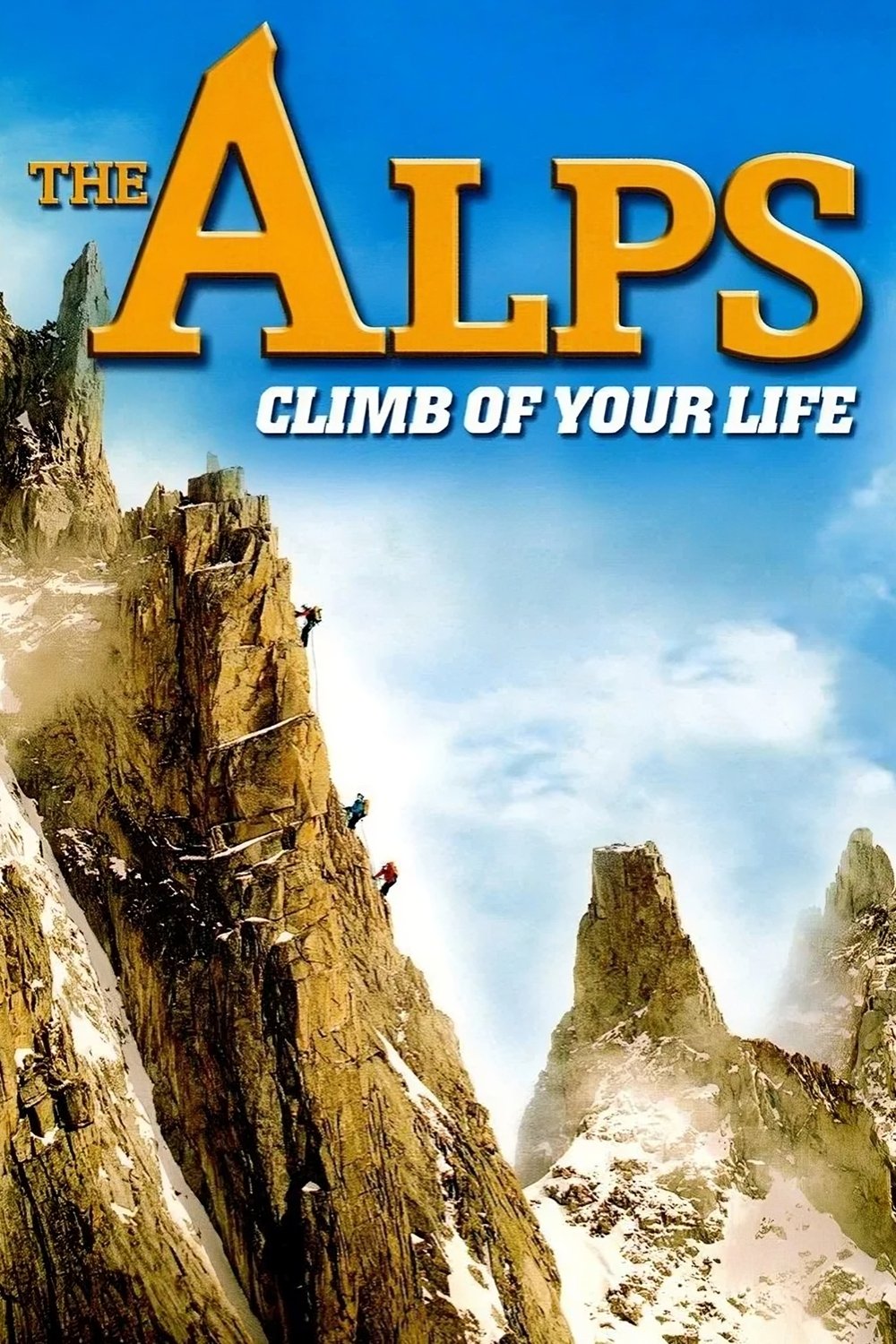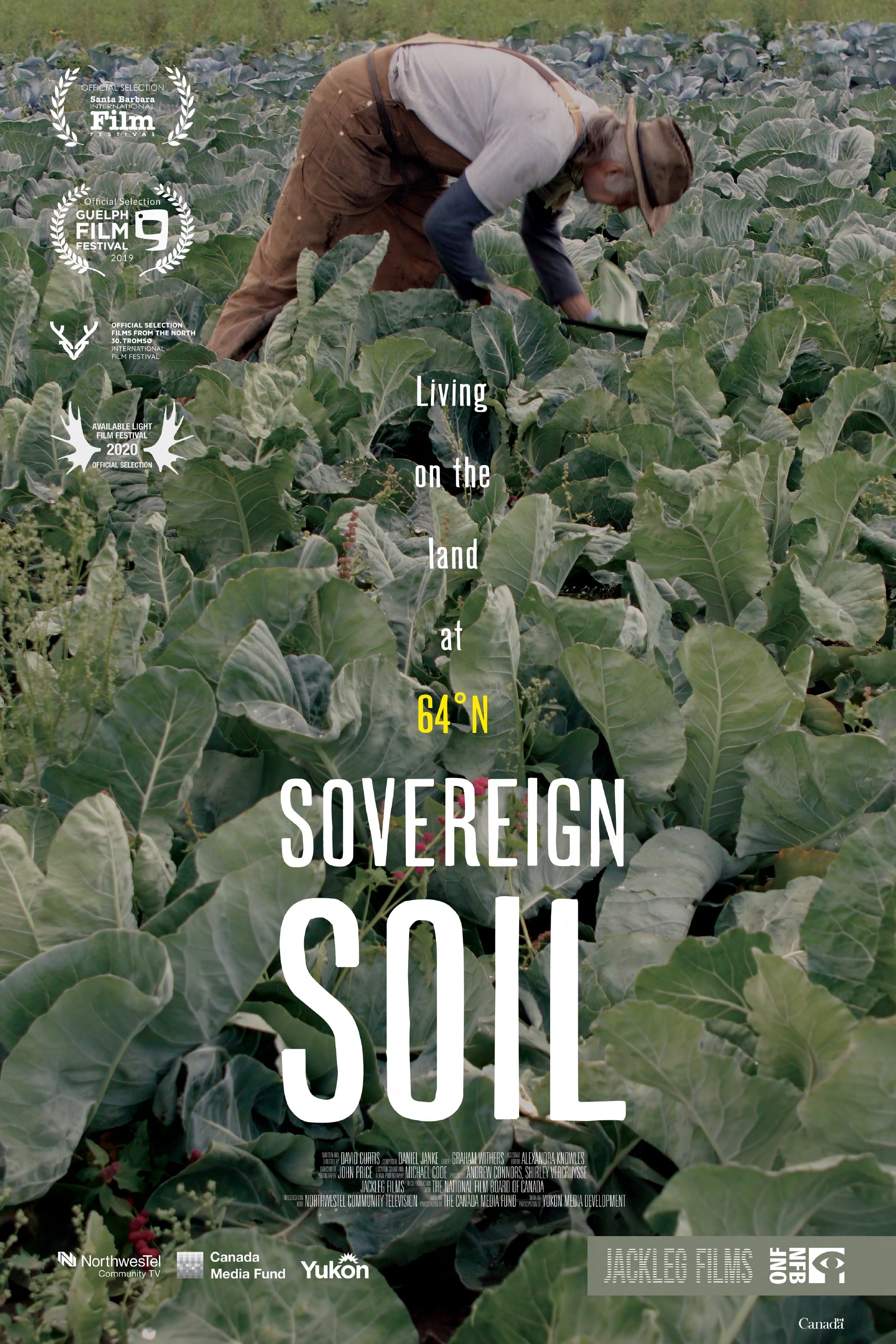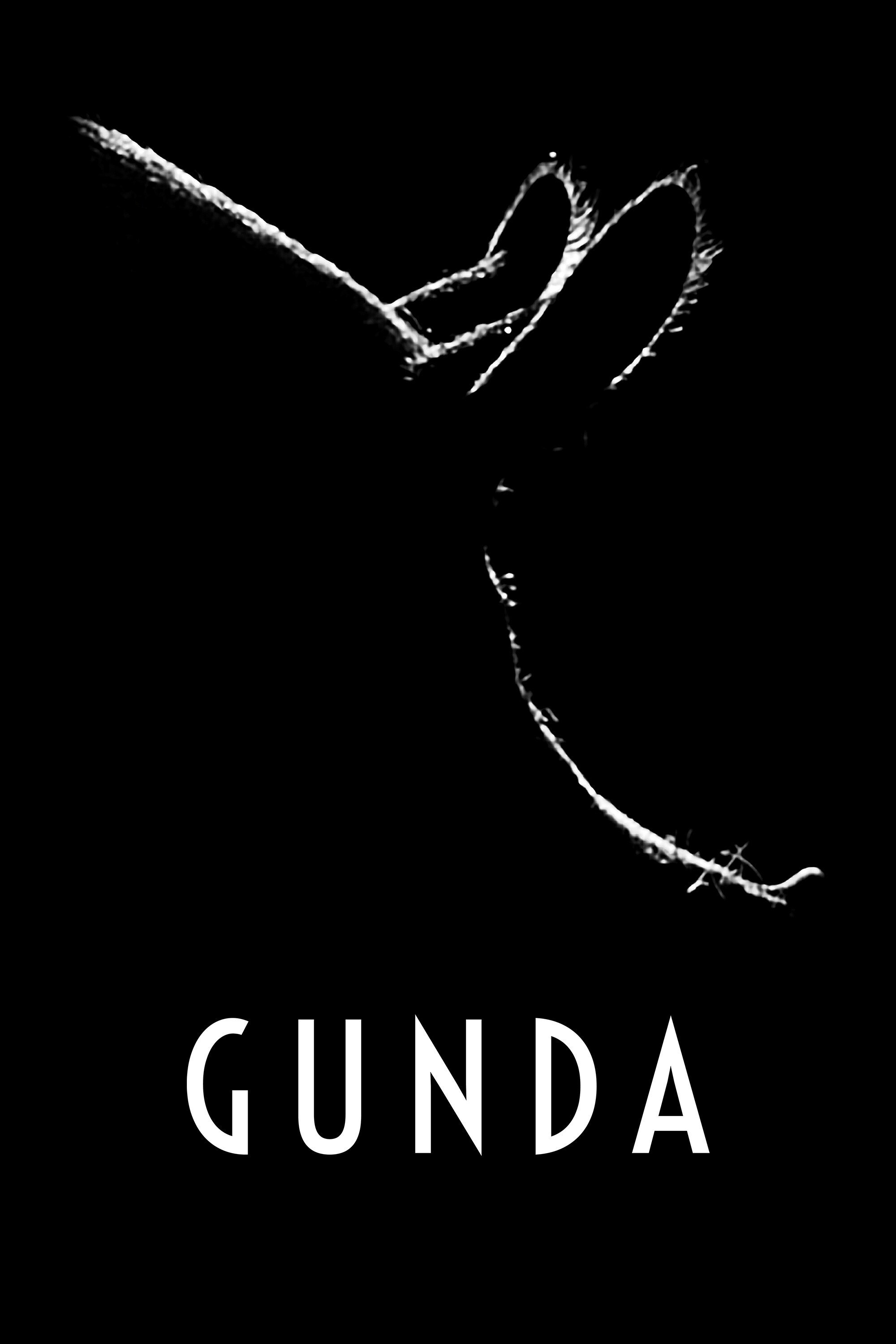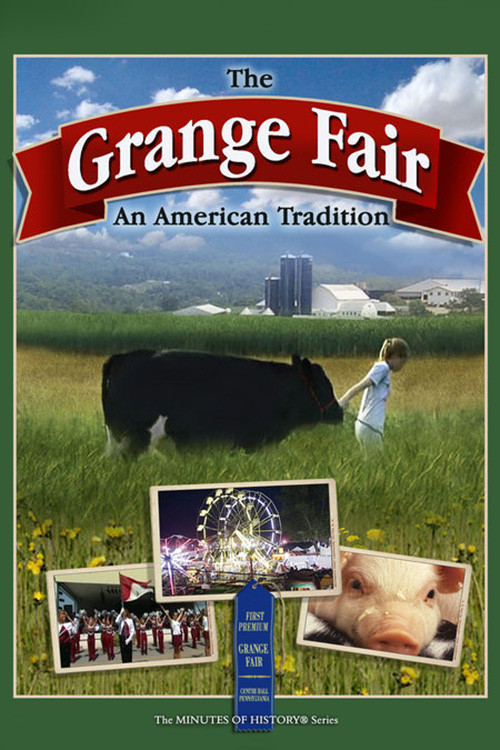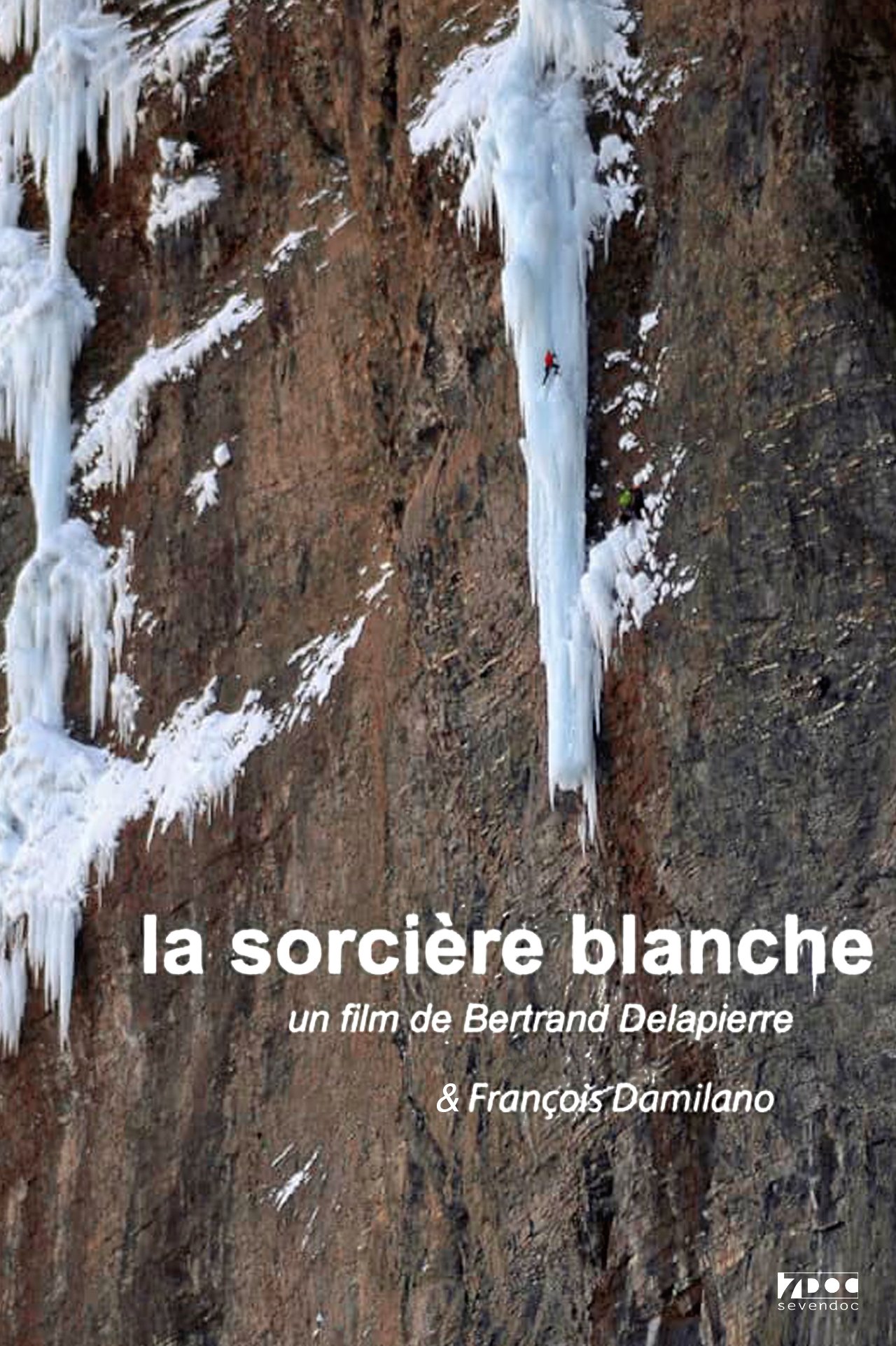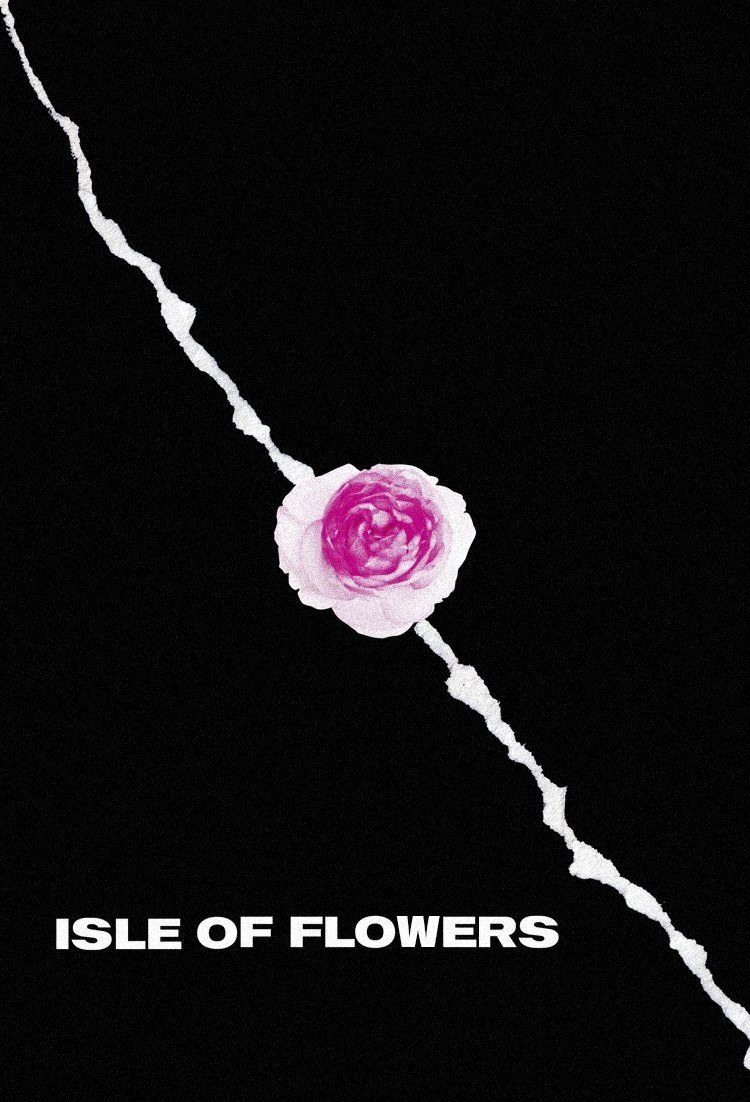
The Agro Rebel: Permaculture in the Salzburg Alps
Watch Movie
Share
The Agro Rebel: Permaculture in the Salzburg Alps
2001
0h 45m
0.0(0 votes)
Documentary
Overview
Sepp Holzer explains some of the innovative, labour-saving agricultural techniques he applies at his farm in the Eastern Alps of Salzburg, Austria.
Cast & Crew
3 members
Acting
Sepp Holzer
Himself
No Image
Acting
Veronika Holzer
Herself
No Image
Acting
Bernd Lötsch
Himself
No Image

